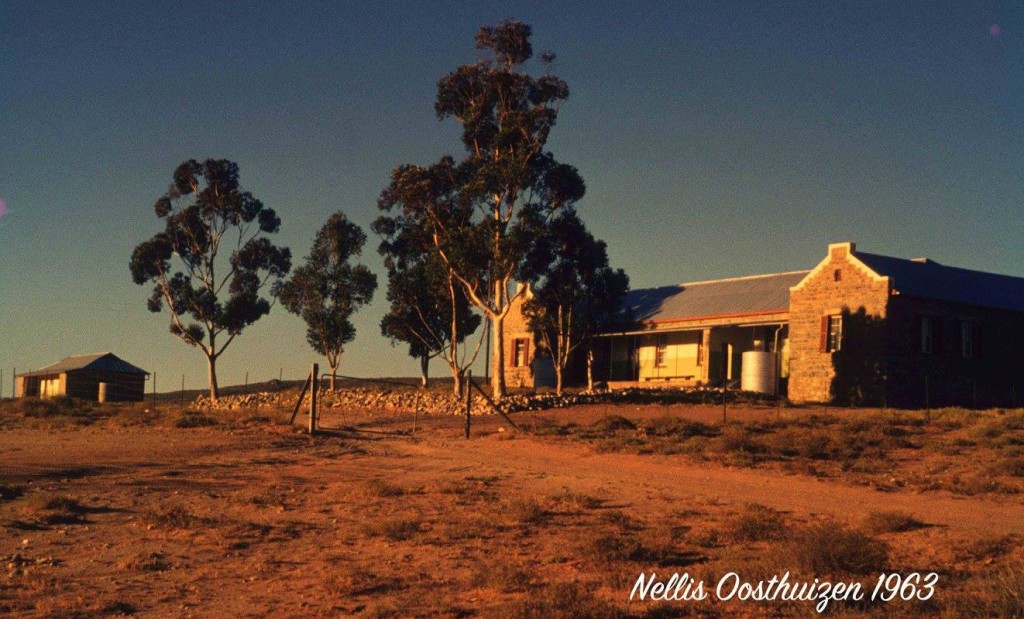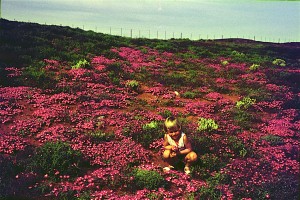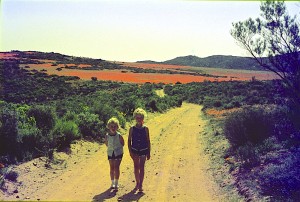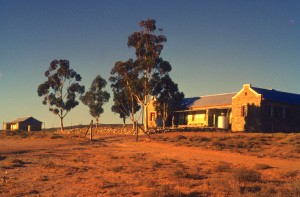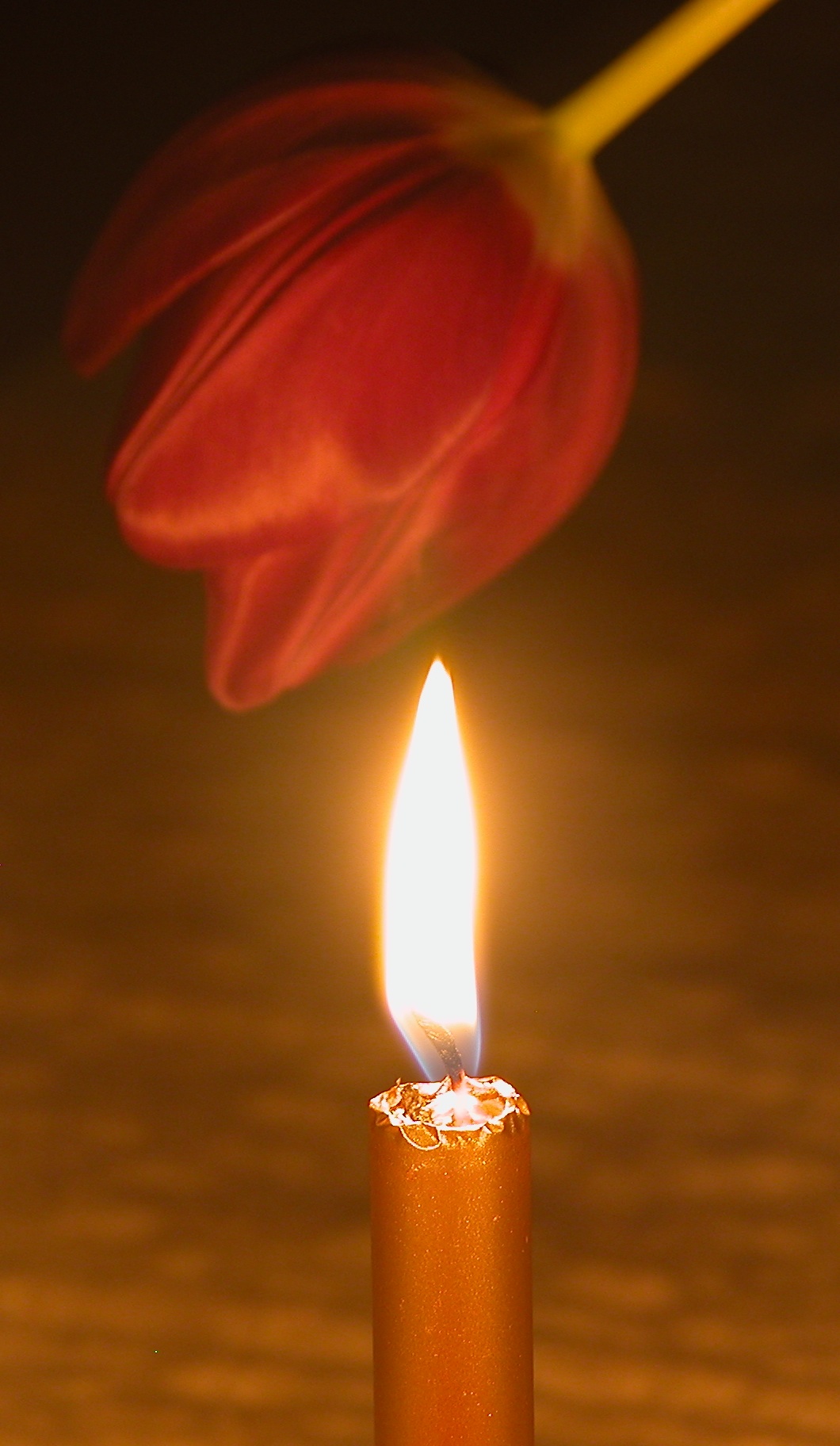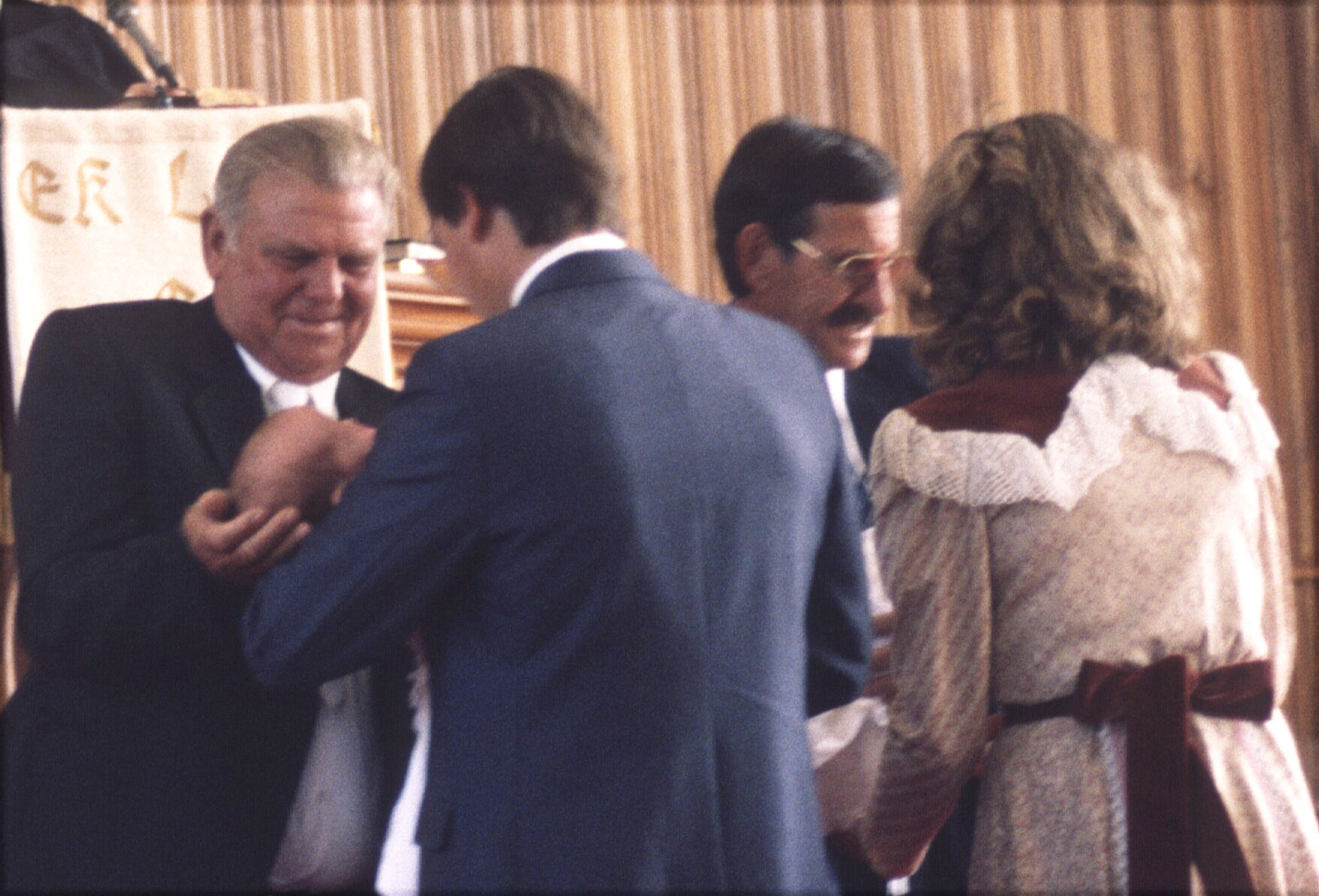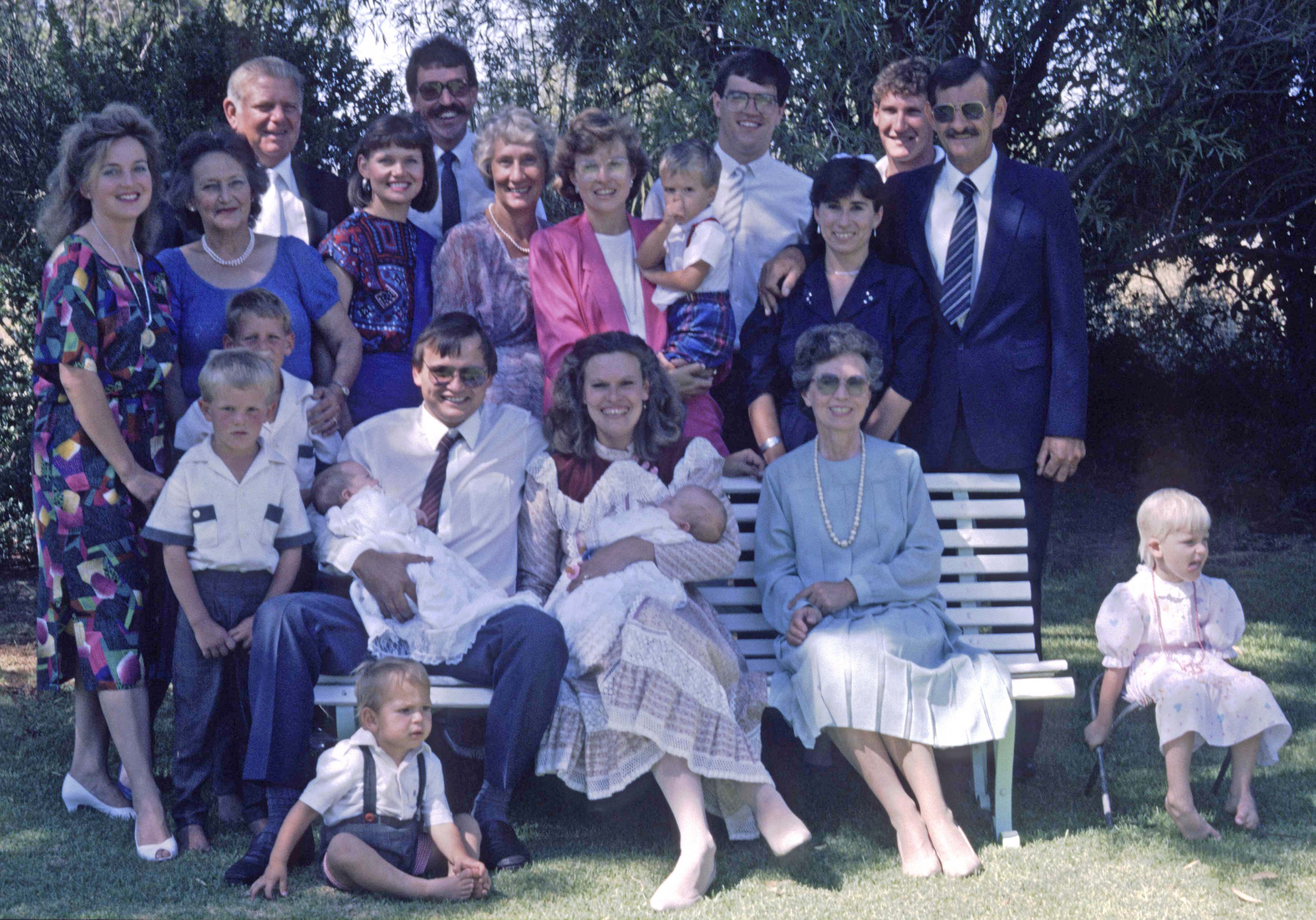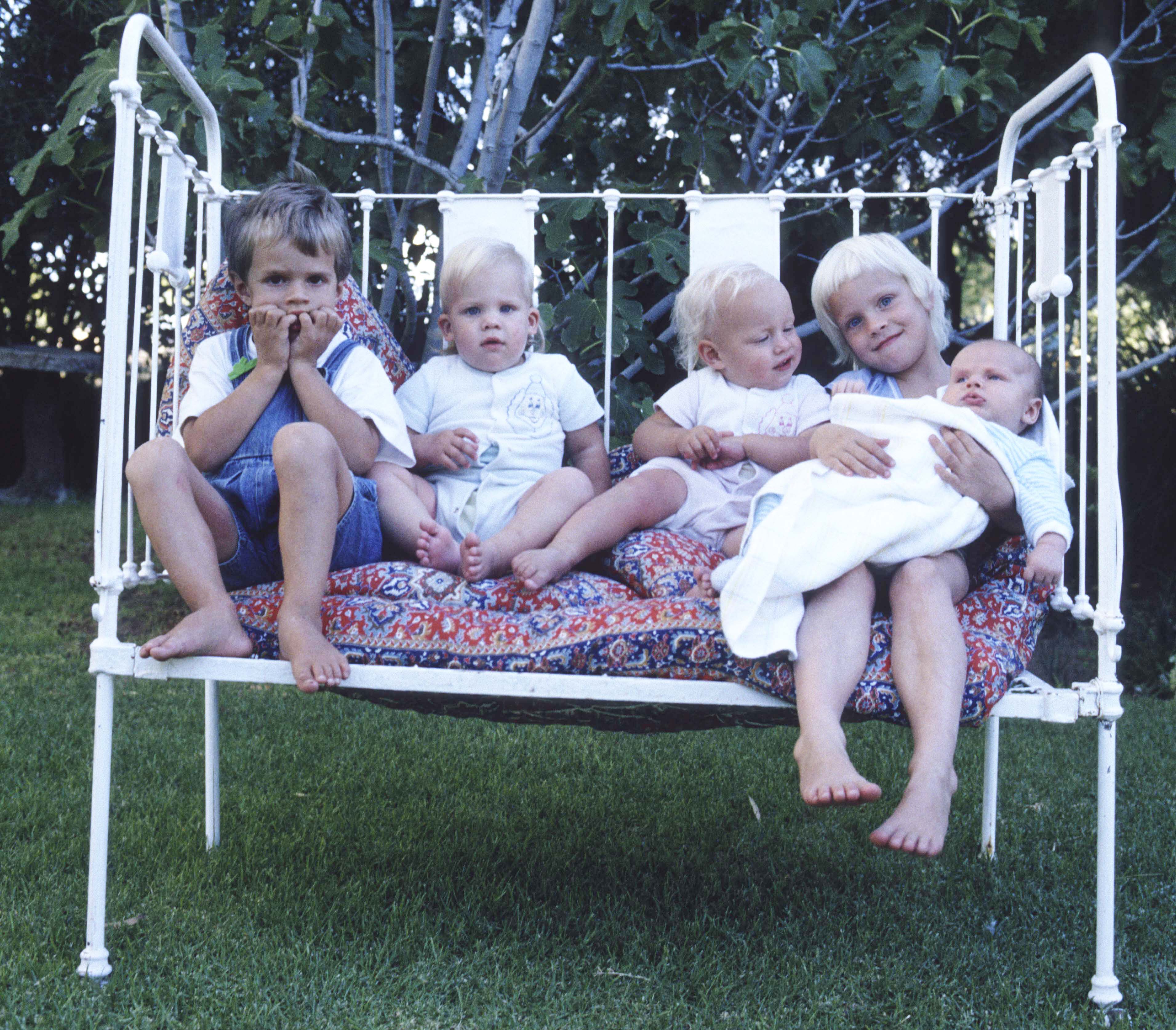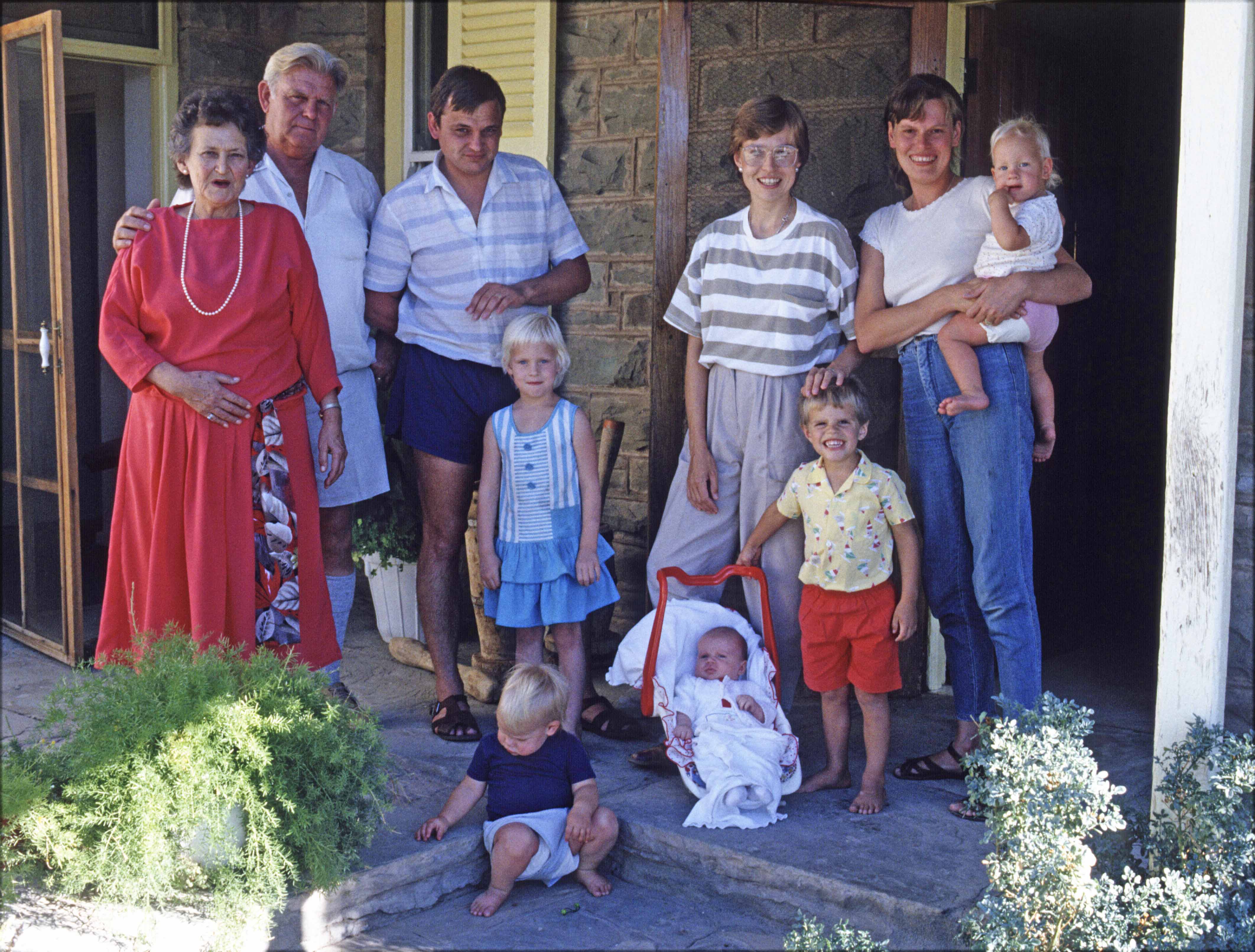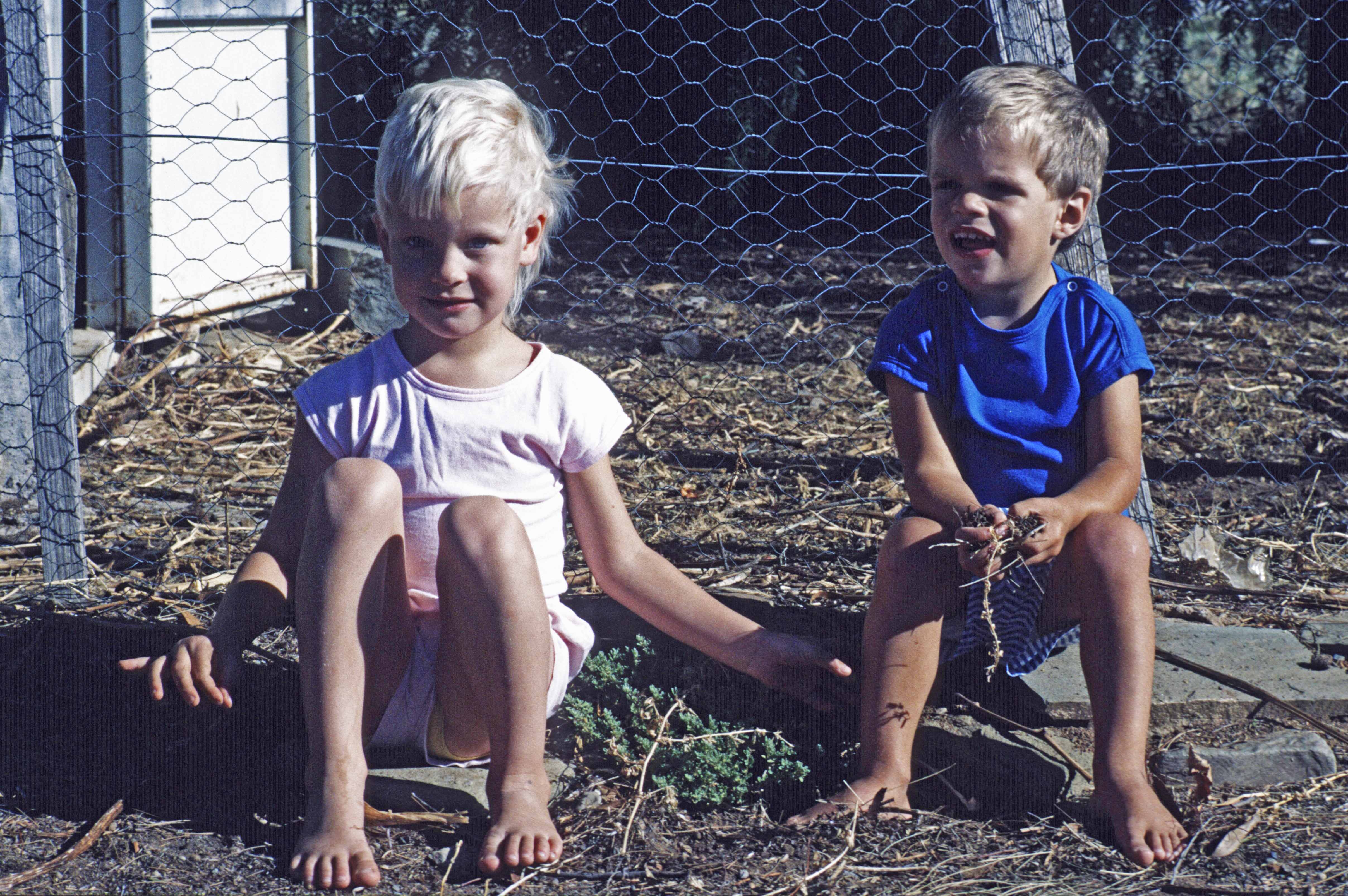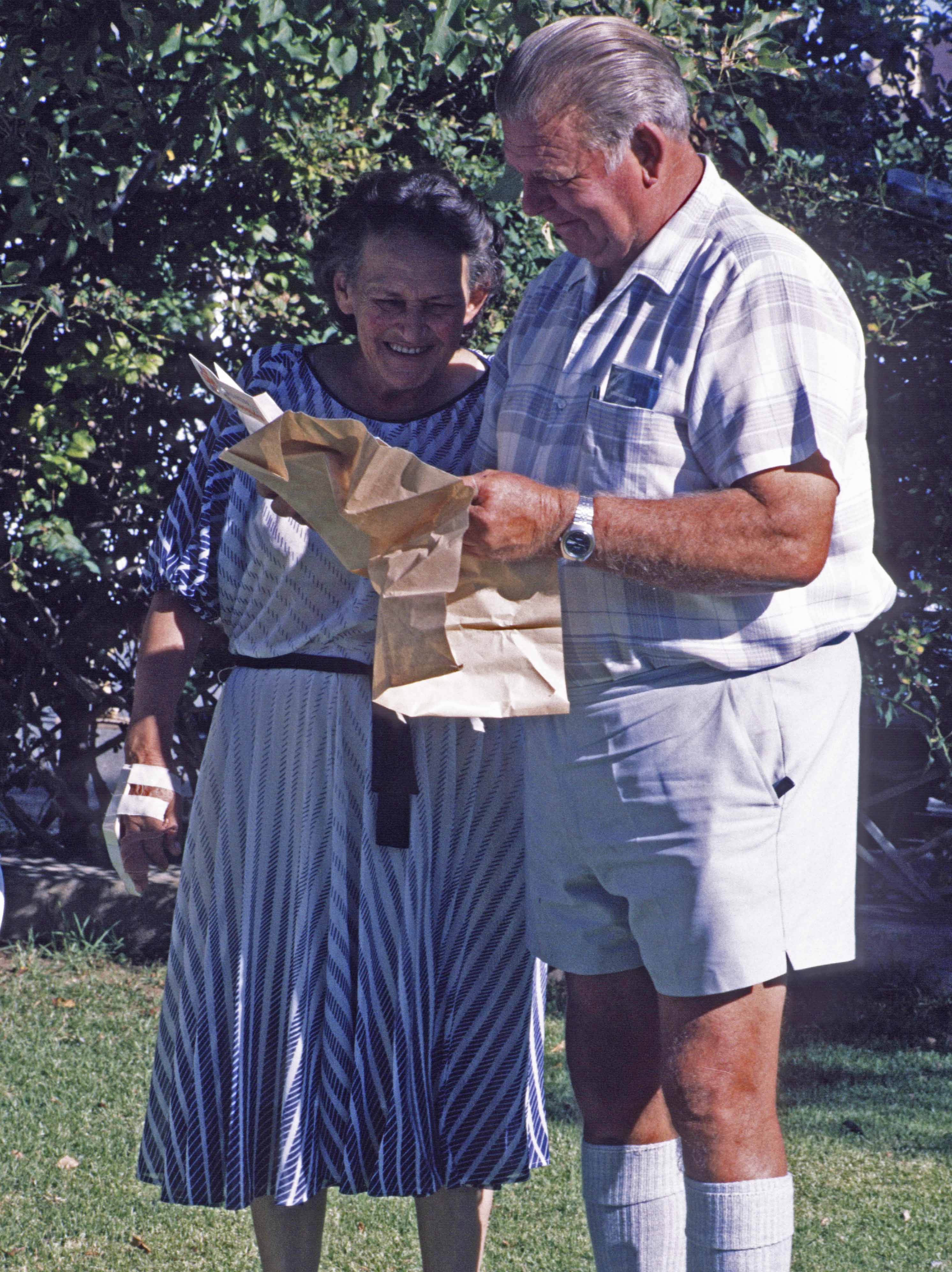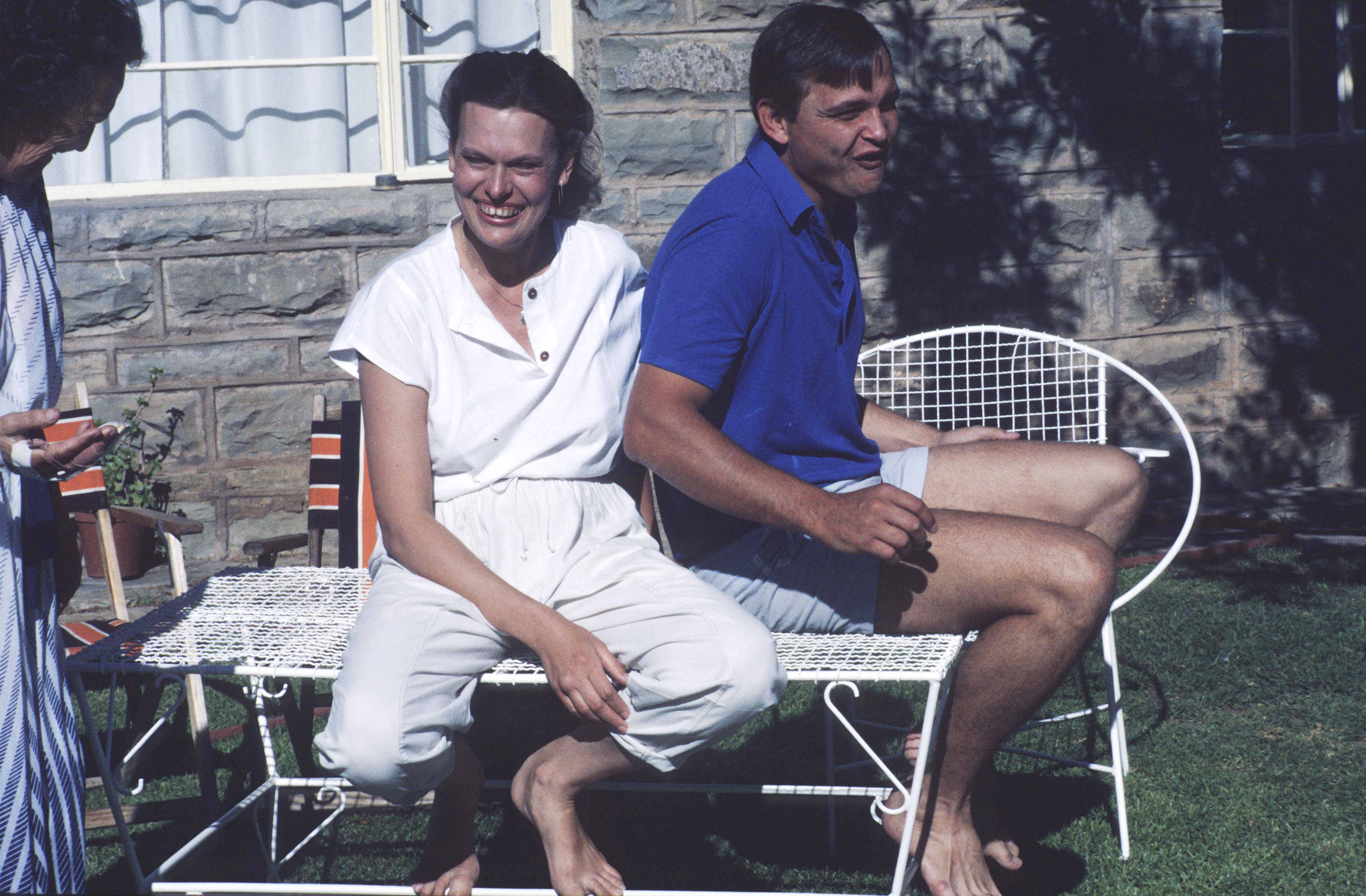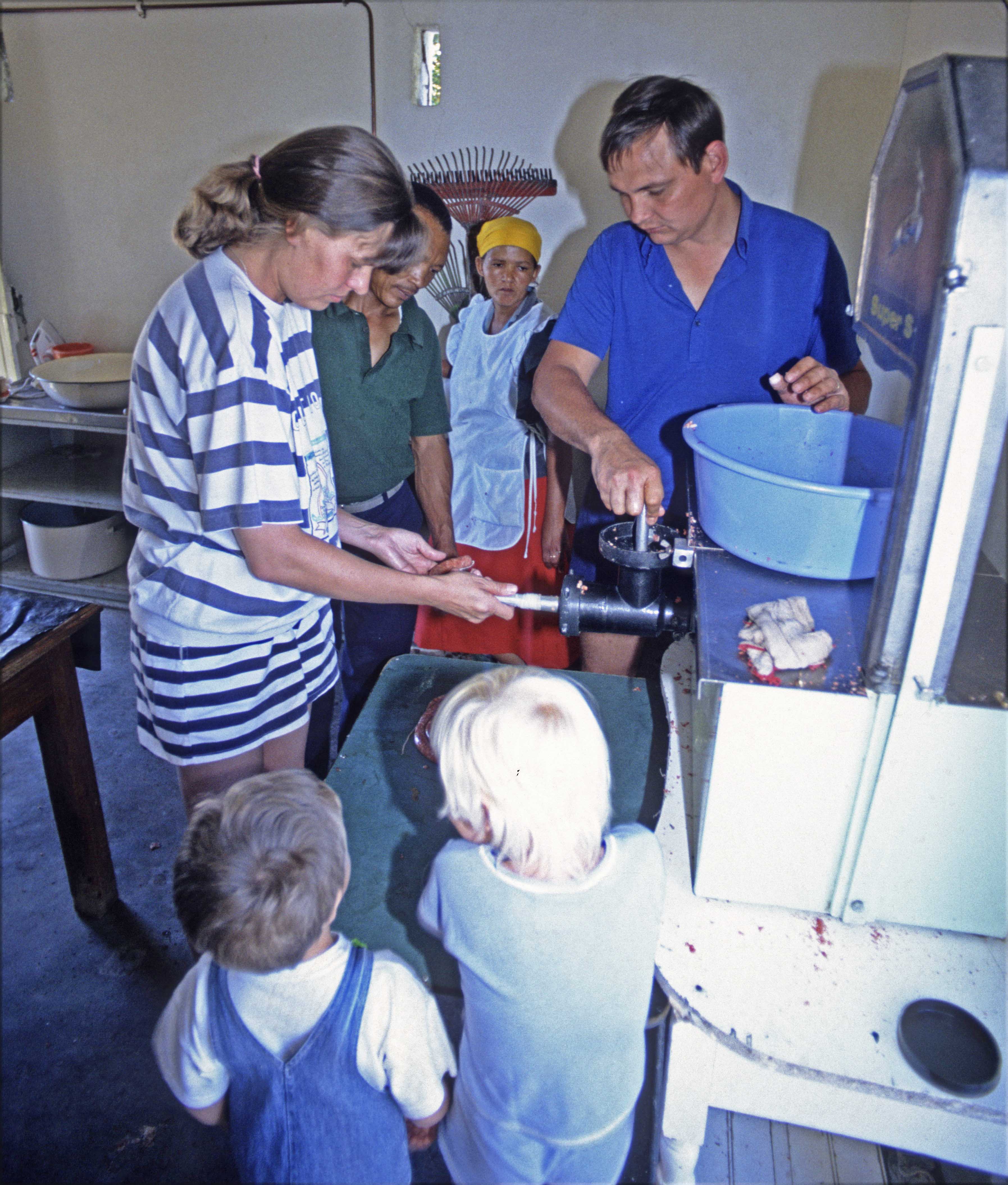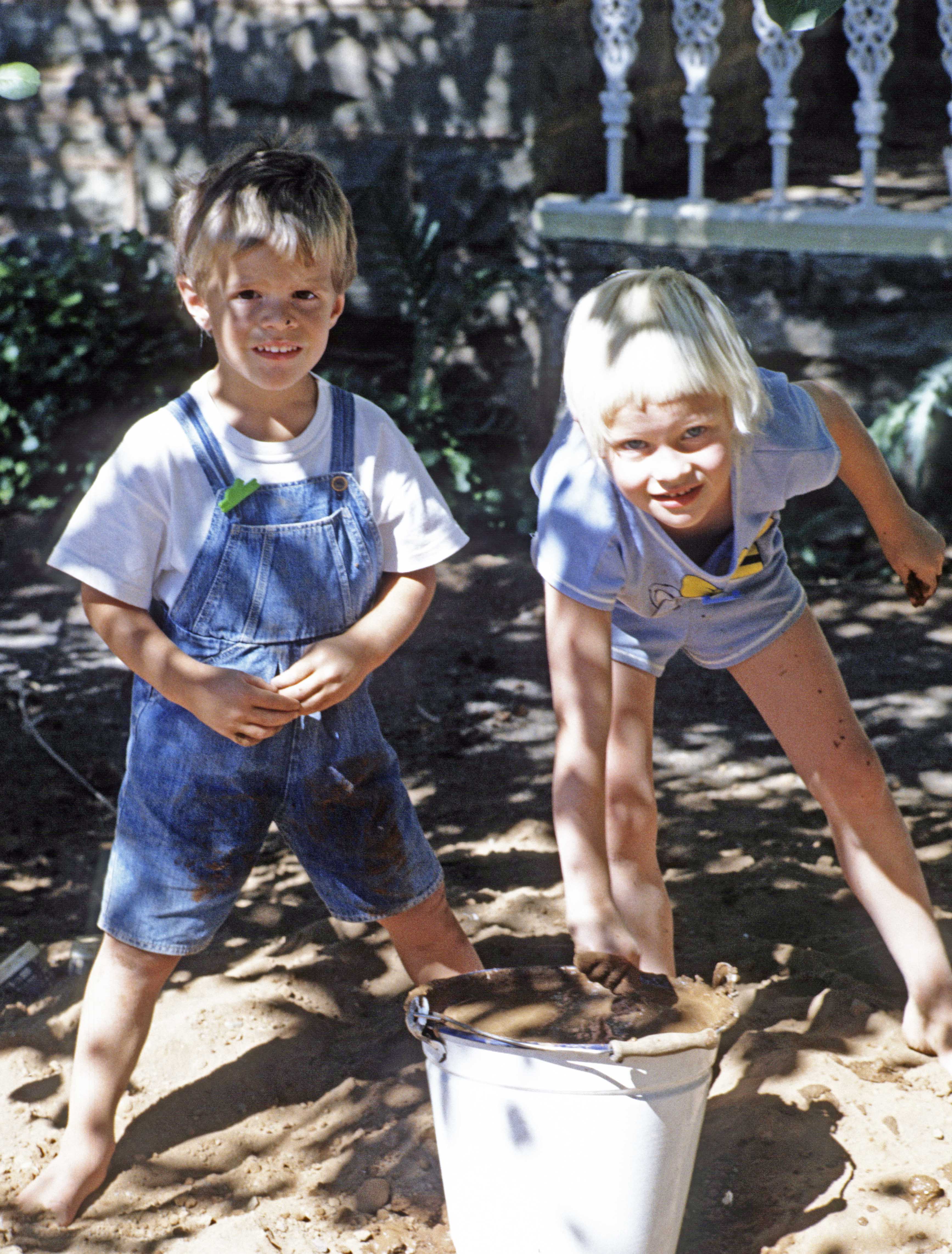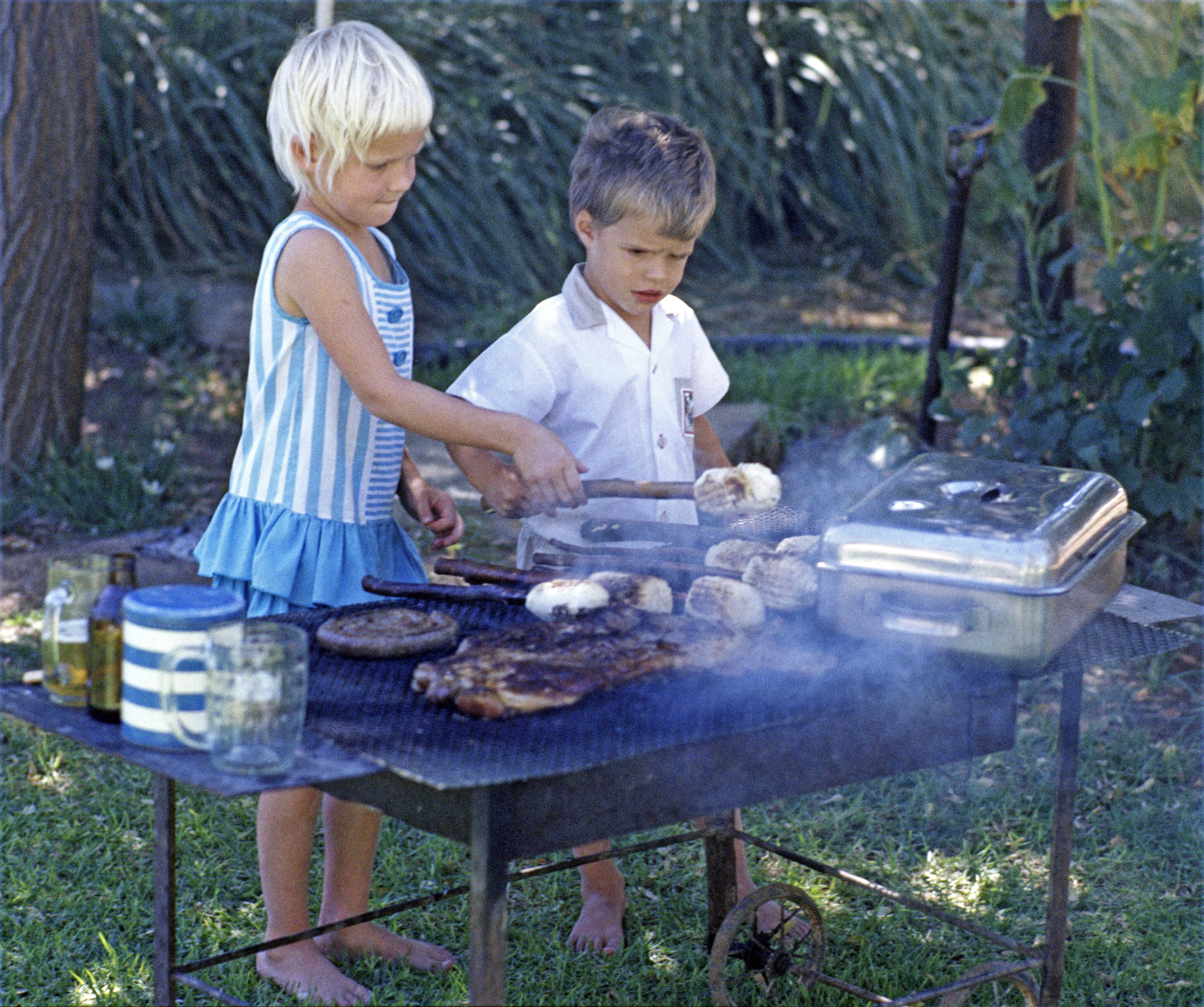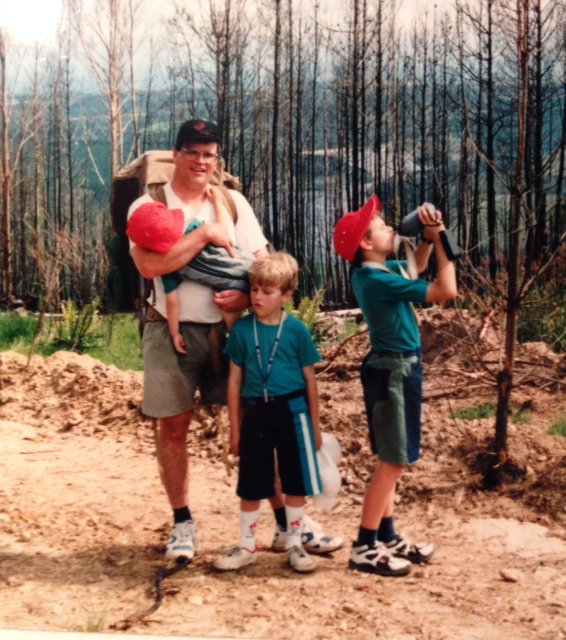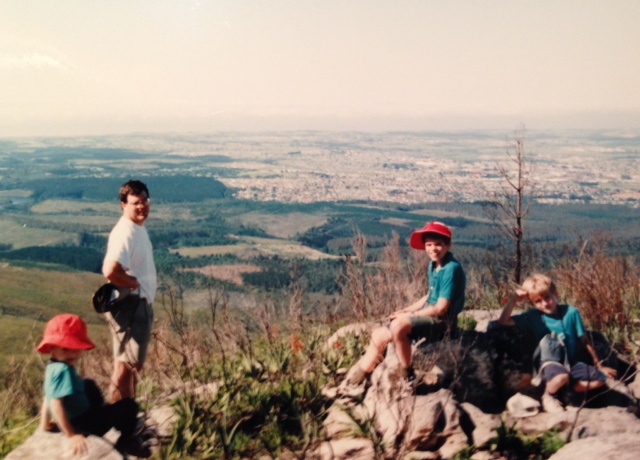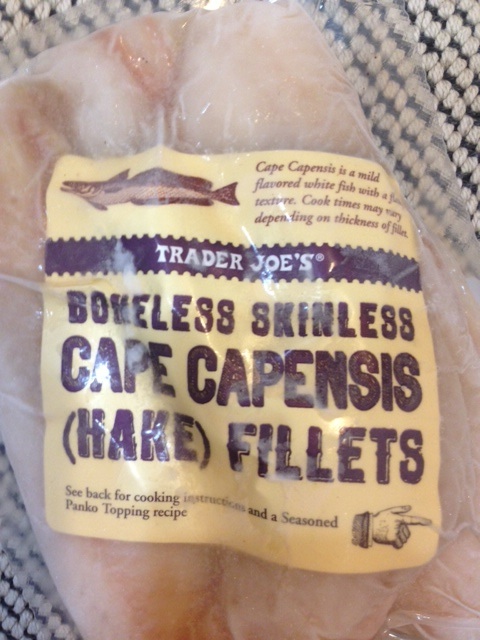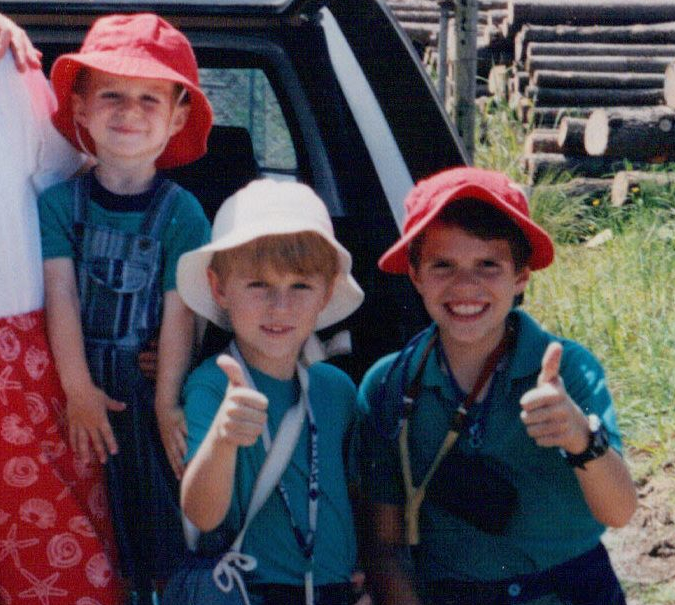 Setting out on our overnight hike in the Outeniquas: Niels (8), Dieter (5), Pierre-Henri (2).
Setting out on our overnight hike in the Outeniquas: Niels (8), Dieter (5), Pierre-Henri (2).
Summer 1995, when the boys were 2, 5 and 8 years old respectively, we decided it was time to spend a night in the mountains – and what better wilderness than the area around my hometown George? We would hike the first day of the famous Outeniqua Hiking Trail, overnight at Tierkop Hut, and hike down to Saasveld Forestry Station the next day. The young family Joubert was in high spirits when my dad dropped us off at the foot of the mountain, where the trail started. Two backpacks, 5 sleeping bags, food and liquid for 2 days, and warm clothes for the night. The youngest was just out of diapers… After a lovely (though strenuous) uphill hike through forests and pine plantations we found the cabin, made a huge fire and dinner, went to bed early and tried to settle down for the night. The cabin was dusty, and looked weather-beaten and dirty, as if people had not slept there for quite some time… But we decided that was simply part of the bundu experience, cleaned up as best we could, and got into our sleeping bags. We were exhausted and finally all fell asleep.
The next day, taking the route down the eastern side of the mountain, we ran into trouble: signposts were flattened by recent wind-storms and rain, apparent new paths were washed into the mountain side by flood waters – and previous routes disappeared with vegetation blown over tracks and trails. After following gravel roads and minor tracks for half the day, we crossed an unexpected weir and noticed the huge Garden Route Dam (strangely) to our left. We realized we were no longer following the trail on the map – we were in fact not even on the map… but kept going. The town was just below us, down the mountain. We both had hiked the Outeniqua Trail before – twice. Though we could see the familiar landmarks, we were simply unable to reach them. It was indeed a strange and desperate feeling – especially since we knew the strength in these little legs walking with us, would not last forever, and many kilometers may be needed to get to a safe haven. Crisscrossing the river, unable to find our way to the forestry station, it seemed to be the right time to seek help. Then the sky became overcast, the first rain drops fell, and it was getting dark… Also, our food and water supplies were low, and we did not have a tent or any form of shelter with us. I already imagined us sleeping under a bush for the night.
In the 90s cell phones were rare and cell phone reception poor. We had the company phone with us, and decided it was best to walk till we found reception, and then call my dad for help. And, lo and behold, Dad got our call, and asked us to describe our surroundings. Through years of mountain biking and hiking in those mountains, he could more or less determine our position from a description of our surroundings: forestry watch tower to the right, Garden Route Dam to the left, pine plantation below us…. He instructed us to stay on our current path, and he would drive up in his ‘bakkie’, carrying his bike, whistle and flashlight. If he could not drive further, he would take his mountain-bike, and blow his whistle while flashing the light, till we could see him – and flash back. Surrounded by dense indigenous forests we were pushing our luck. If his orientation was correct, he might be able to meet us in the mountain.
And he did. Seeing his light, and hearing him coming up the mountain was probably one of the most relieving moments of my life. He found us halfway up a deserted forestry road, the courageous family Joubert, quite timid but overjoyed at the sight of him appearing from the semi-dark forest. At that stage the youngest was wrapped on my back, African style, sucking his thumb, and the oldest two were dirt-smeared, holding on to their water bottles. But their eyes lit up like stars in the southern night, filled with excitement and delight in the face of so much adventure.
Dad drove us home where Mom had warm soup, a hot tub, and cozy beds.
We had a life story to remember.
